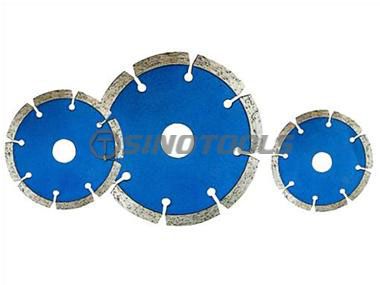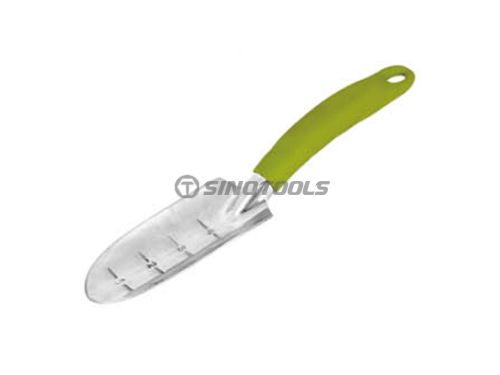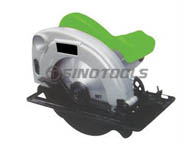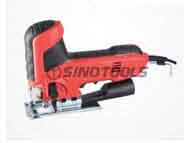Circular saw blades are widely used in the processing of wood, plywood, MDF, artificial marble, plastic, aluminum, and other materials. The right circular saw blade will improve product quality, shorten the processing cycle and reduce processing costs.
Circular saw blade material
1. Alloy tool steel
Compared with carbon tool steel, it is more wear-resistant and has better processing performance. The heat deformation resistance temperature is 300℃-400℃, which is suitable for manufacturing high-grade alloy circular saw blades.
2. High-speed tool steel
It has good hardenability, hardness, and stiffness. Poor resistance to heat deformation, it is ultra-high-strength steel. Stable thermoplasticity, suitable for manufacturing high-grade ultra-thin saw blades.
3. Carbon tool steel
High carbon content, high thermal conductivity. But subject to 200 ℃ -250 ℃ temperature, its hardness and wear resistance drops sharply. Heat treatment deformation is large, with poor hardenability. Economic material for tool manufacturing.
4. 65Mn spring steel
Good elasticity and plasticity, material economy. Good heat treatment hardenability, its low heat temperature, easy to deform. It can be used for saw blades that do not require high cutting requirements.
Selection of saw teeth
Carbide inlay saw teeth have great influence on sawing performance. Tungsten cobalt carbide has better impact resistance. It is more widely used in the material processing industry. Cobalt content increases, the impact toughness and bending strength of the alloy have improved. But the hardness and wear resistance has decreased, according to the actual situation to be selected.
The number of teeth of a circular saw blade selection
Generally speaking, the more teeth, the more cutting edges in the unit time, the better the cutting performance. However, the number of cutting teeth requires more carbide, the price of the saw blade is high. The saw teeth are too dense, the chip capacity between the teeth becomes smaller, and it is easy to cause the saw blade to heat up. In addition, too many teeth, when the feed is not properly matched, the amount of cut per tooth is very small. It will intensify the friction between the edge and the workpiece, affecting the service life of the blade. Usually, the tooth spacing is 15-25mm, which should be based on the material sawed to choose a reasonable number of teeth.
Saw blade outside diameter selection
Saw blade diameter and the sawing equipment used and the thickness of the sawed workpiece. Under the same working conditions, a small diameter circular saw blade has a reduced power encounter angle that can reduce cutting power consumption. Reduce the amount of feed per tooth can improve the cutting quality. Reduced sawing volume can reduce wood and energy consumption. Improve the dynamic stability of the saw blade.
So, from the aspect of improving the stability of the saw blade and reduce sawing loss, etc., in order to meet the requirements of the sawing thickness, the smaller the diameter of the saw blade the better. That is, the small diameter of the saw blade can meet the requirements of the sawing thickness, do not unnecessarily increase the diameter of the saw blade.
We are a Circular Saw Blades supplier, please feel free to contact us if you need them.



